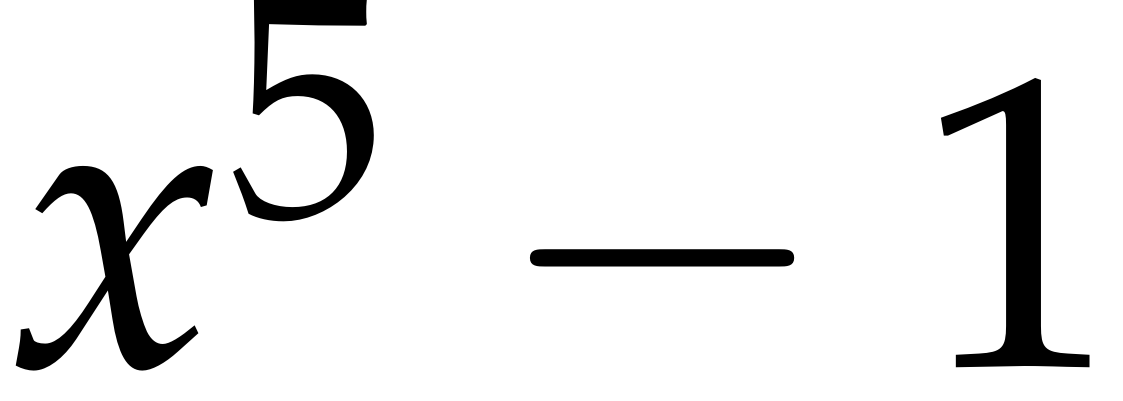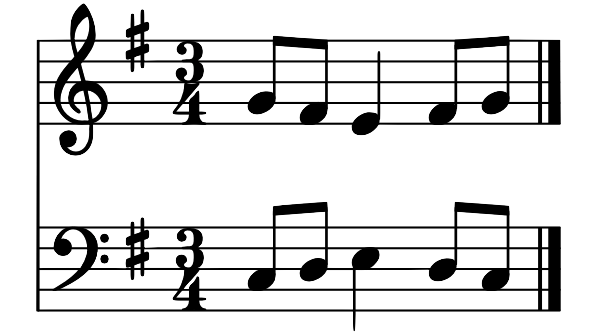This focussed workshop brings together researchers interested in the fascinating and flourishing field of the generation of infinite groups of Richard Thompson. Initially, it will be held in two stages: two formal half days online in August 2021 and four informal days online in January 2022. The aim is to have an in-person element when this is possible. The workshop is funded by the Heilbronn Institute for Mathematical Research.
August 2021
The first workshop will take place as follows:
-
Thursday 12th to Friday 13th August 2021
Zoom (link emailed to participants)
In the following schedule, all times are UK time (i.e. BST = UTC+01:00). The speakers, titles and abstracts of each talk will appear before the start of the workshop.
-
Thursday
14:00 Open
14:10 Rachel Skipper
Subgroups of Thompson's group V
(abstract)
-
We will discuss subgroups of Thompson's group V and conditions which prevent a subgroup from being proper.
This is joint work with Jim Belk, Collin Bleak, and Martyn Quick.
14:40 Questions & Discussion
15:00 Scott Harper
Spread: Thompson Groups & Finite Groups
(abstract)
-
It was recently proved that a finite group has the property that every nontrivial element is contained in a generating pair if and only if every proper quotient of the group is cyclic (Burness, Guralnick, Harper, 2021). In particular, in a finite simple group, every nontrivial element is contained in a generating pair. What can be said for infinite groups? Joint with Donoven, we proved that every nontrivial element is contained in a generating pair for the Higman-Thompson groups V_n and V_n' and the Brin-Thompson groups mV. In this talk, I'll discuss this result by drawing a parallel between the finite symmetric groups and these infinite Thompson groups, and I'll pose some open questions along these lines.
15:30 Questions & Discussion
15:50 Break
16:10 Casey Donoven
Thompson's Group V is 3/2-generated
(abstract)
-
A group G is 3/2-generated if every non-trivial element of G is contained in a two-element generating set of G. In joint work with Harper, we showed that Thompson's group V is 3/2-generated, along with V_n, V_n', and mV. I will discuss the (key ingredients of the) proof showing that V is 3/2-generated, including using pre-constructed generating pair finite order elements with coprime order that fix clopen sets. I will also mention two questions that would generalise these results: 1) Is the spread of V at least 2 (generalising 3/2-generated)? Are vigorous, simple groups of homeomorphisms of Cantor space are 3/2-generated?
16:40 Questions & Discussion
17:00 Finish
-
Friday
14:00 Chat
14:10 Collin Bleak
Groups both fast and slow: a story of generator speed, transition chains, and complexity
(abstract)
-
The Brin-Sapir conjecture (that a subgroup of F either contains an embedded copy of F, or, is elementary amenable) has been a focus of attention since it was listed as a topic of interest in Sapir's question list of 2007. In this short talk we will discuss progress towards this conjecture, arising across a collection of papers by various authors, and also, present some new work and a related conjecture.
14:40 Questions & Discussion
15:00 James Hyde
On finite generation for groups of homeomorphisms of the Cantor space
(abstract)
-
We study conditions, both algebraic and dynamic, which together imply that a finitely generated group of homeomorphisms of Cantor space will be two-generated. The conditions are fairly broad, and, are similar to those in the Higman/Epstein arguments towards simplicity of such groups. For instance, the conditions are sufficiently basic to prove 2-generation for all of the simple relatives of R. Thompson's group V, such as the Higman groups G_{n,r} (for n even) and the Brin-Thompson groups nV.
Joint with Collin Bleak and Luke Elliot.
15:30 Questions & Discussion
15:50 Break
16:10 General Discussion
16:50 Close
17:00 Finish
January 2022
The second workshop will take place as follows:
-
Tuesday 11th to Friday 14th January 2022
Zoom (link emailed to participants)













